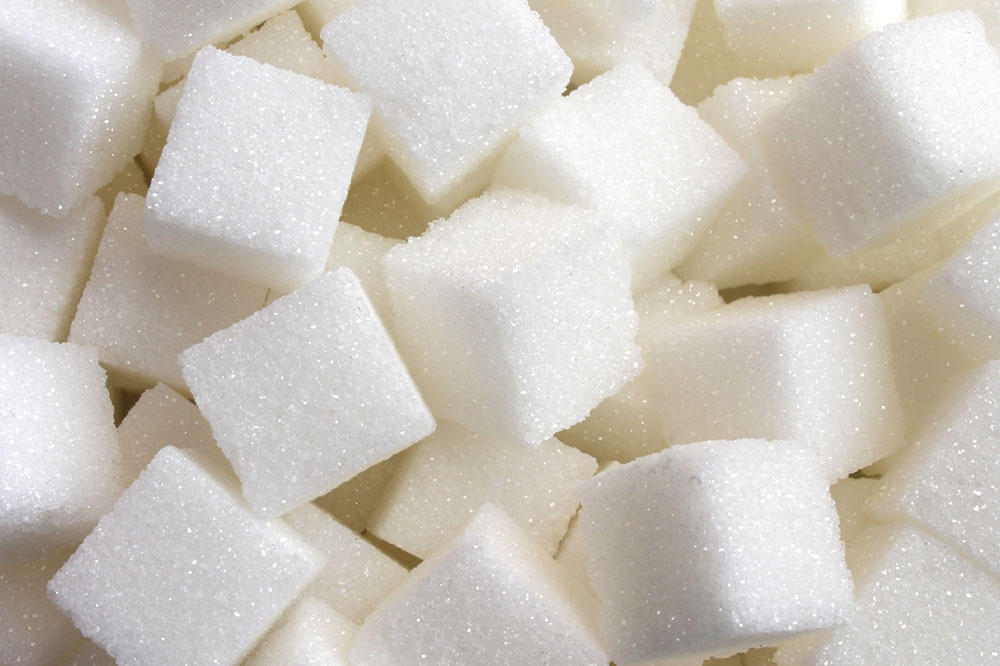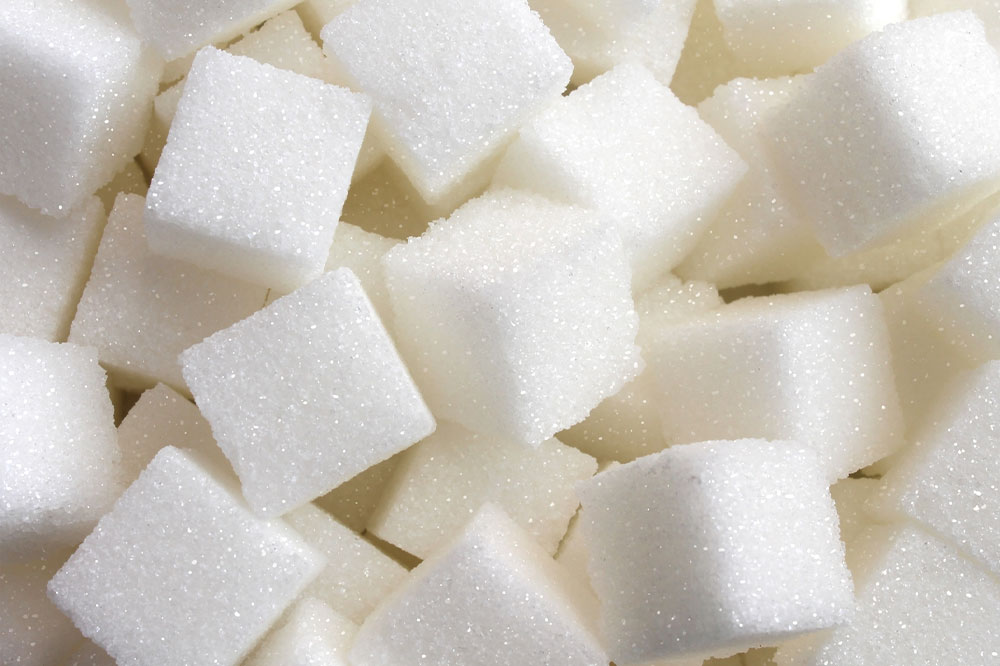These 7 signs indicate excess sugar intake

Many scientific reports have found that diabetes is on the rise as a result of the pandemic. This is apparently possible due to the virus worsening pre-existing diabetes in people through increased insulin resistance. Studies have found that the virus can multiply within insulin-producing pancreatic beta-cells and debilitate insulin synthesis and secretion. Due to these developments, it is imperative for everyone to know the noticeable signs of excessive sugar intake and blood sugar composition.
Signs that you’re consuming excess sugar:
Constant craving for sugary things
The reward center in your brain activates when you ingest some food or drink containing sugar. When sugar enters your body, your brain responds to dopamine, also known as feel-good chemicals. To put it simply, the brain informs your body that it feels good and wants more of that sweet-tasting thing. The issue with such a feeling is that your brain gets addicted to it over time and starts craving more. This is similar to how you develop an alcohol tolerance and need more of it to feel the buzz.
Feeling lethargic throughout the day
The pleasure of the sweet taste spikes your insulin, which makes the brain happy. But after this initial high, it is inevitable for your brain to come down and feel low.







